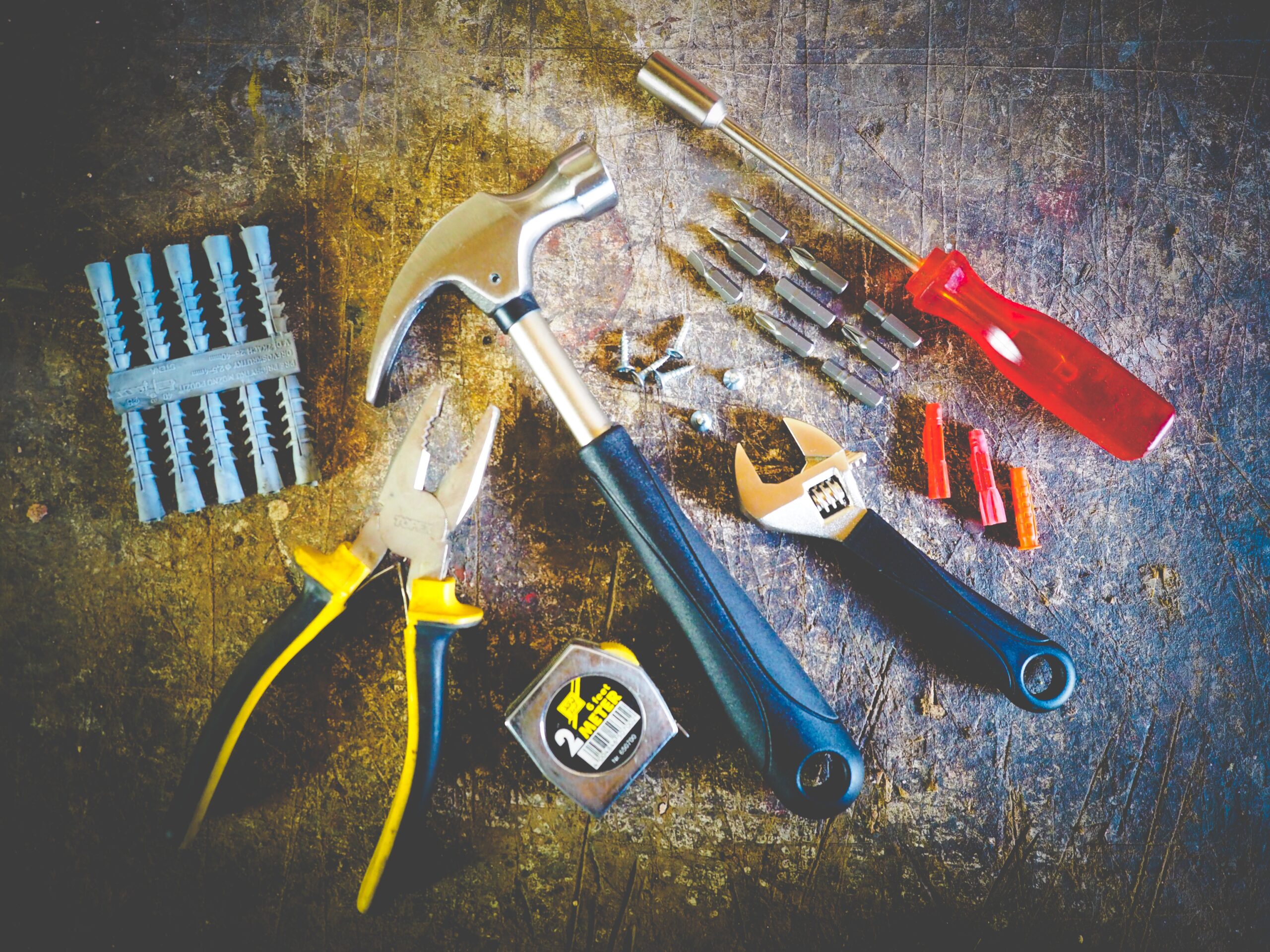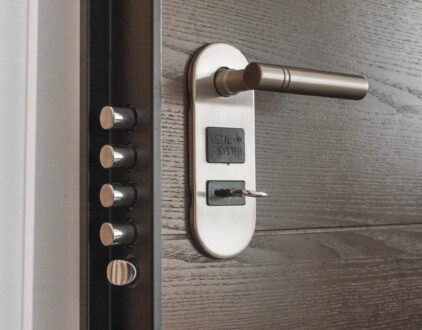Many millennials who took a home economics class in middle or high school considered it to be boring and a waste of time. However, it’s a class that provided valuable information that we need to know today as adults. Home economics provides many valuable insights that can help you elevate your homeownership journey.
What is Home Economics?
Home economics involved teaching students how to navigate personal development. It covered a wide range of topics, including personal and family finance, interior design, health and wellness, and more. Home economics class taught students important lessons in adulting, much like the life hacks that go viral on social media today.
Chemist and MIT instructor Ellen Swallow Richards is credited as the founder of U.S. home economics. An advocate for furthering women’s education in science, Richards created home economics to make home life easier so that women could have time to pursue an education.
The Science History Institute states, “Richards was very concerned to apply scientific principles to domestic topics — good nutrition, pure foods, proper clothing, physical fitness, sanitation, and efficient practices that would allow women more time for pursuits other than cooking and cleaning.” But even though it was once considered a class meant for girls, many boys attended home economics classes as well.
5 Lifesaving High School Home Economics Lessons To Use in Adulthood
Back in the day, taking home economics was required to graduate. And even though most schools have removed it from their curriculum, you can still find the class being taught in a few schools today.
If you attended a home economics class during high school, you might already be practicing some of what you learned. For a refresher, here are five lifesaving middle and high school home economics lessons that you can use in adulthood:
Meal Planning

Meal planning is an important lesson that many students were taught during home economics. The class provided ideas for how to plan breakfast, lunch, dinner, and even snacks. And depending on your school, this could have included covering topics such as food safety, nutrition, and how to shop at the grocery store — all of which are useful today.
Moreover, the Centers for Disease Control & Prevention report states that food allergies increased from 1997 to 2011. And unfortunately, they are still very much on the rise. Adults who took home economics class might remember lessons about food allergies, accommodating dietary restrictions, and how to prepare for a food allergy emergency, which can be especially helpful for chefs, restaurant workers, and people with children.
Budgeting

Budgeting is a critical factor in maintaining financial stability. And with the constant talks of a looming recession, more and more Americans are preparing for the worst. Plus, according to 2022 Bankrate data, over half of Americans would not have the funds to cover a $1,000 emergency. Fortunately, students who took home economics might have learned several valuable lessons in money management to help them plan accordingly.
Even though balancing a checkbook is not as relevant today, other lessons, such as creating and managing a budget, saving for emergencies, and setting and executing long-term financial goals, are still very appropriate in modern times.
Time Management

When it comes to adulting, time management is highly important. School, work, and other responsibilities take up quite a bit of time. And without proper time management, it can be difficult to navigate it all. As a result, this can have a negative effect on your job performance, relationships, and overall well-being.
According to research conducted by Professor of Psychology and Vincent DePaul Distinguished Professor at DePaul University in Chicago Dr. Joseph Ferrari, one in five Americans is a chronic procrastinator. Luckily, home economics class taught students the importance of time management. It provided strategies for creating and maintaining a schedule and prioritizing tasks, helping to avoid procrastination.
Home Maintenance

A big part of homeownership is maintenance. But even people who rent their spaces are responsible for maintaining them. Whether you rent or own, important tasks such as changing a lightbulb, repairing a leaking faucet, and implementing fire and safety strategies are commonplace.
Sure, you could hire a professional to unclog a drain or clean your gutters, but such services can quickly add up. And unfortunately, not everyone has the budget for it.
Luckily, this is where lessons in home economics come in handy. It provided the necessary tools to equip students so that they could save time and money on costly repairs and maintenance down the line.
Health and Nutrition

Caring for your mental and physical health is vital for living a happy, healthy life. And fortunately, students who are or have taken a home economics class are able to equip themselves with the valuable insights they learned to lead a more productive life.
Middle and high school home economics classes covered a wide range of topics related to health and wellness. Students learn basic nutrition, how to read nutrition labels, develop and maintain healthy eating habits, and more.
You might have also learned a thing or two about physical fitness, including topics such as the importance of staying active, managing stress, and improving sleep quality.
popular posts
- 1It’s Black Business Month, So Let’s Go Shopping and #BuyBlack!
- 2These Home Decor Items Will Instantly Make Your Space Look Outdated
- 3Black-Owned Home Decor Stores To Support Across the United States
- 4A Look Inside Elon Musk's Tiny $50,000 House
- 57 Black and Multicultural Designers To Follow For Design Inspo
homeownership
Home is a safe place where relationships flourish and the cornerstone of neighborhoods. We believe it’s the setting that surrounds your phenomenal story.

Up to 30% Off: Top of the Line Home Security Systems
by Arielle Clay | January 19, 2023

Front Yard Curb Appeal Tips for the Spring Season
by Melody Brown | January 19, 2023
FOLLOW ALONG ON INSTAGRAM
#homeandtexture
Find us on social for more home inspiration where culture, personal style, and sophisticated shopping intersect to help you create a home where you love to live.






